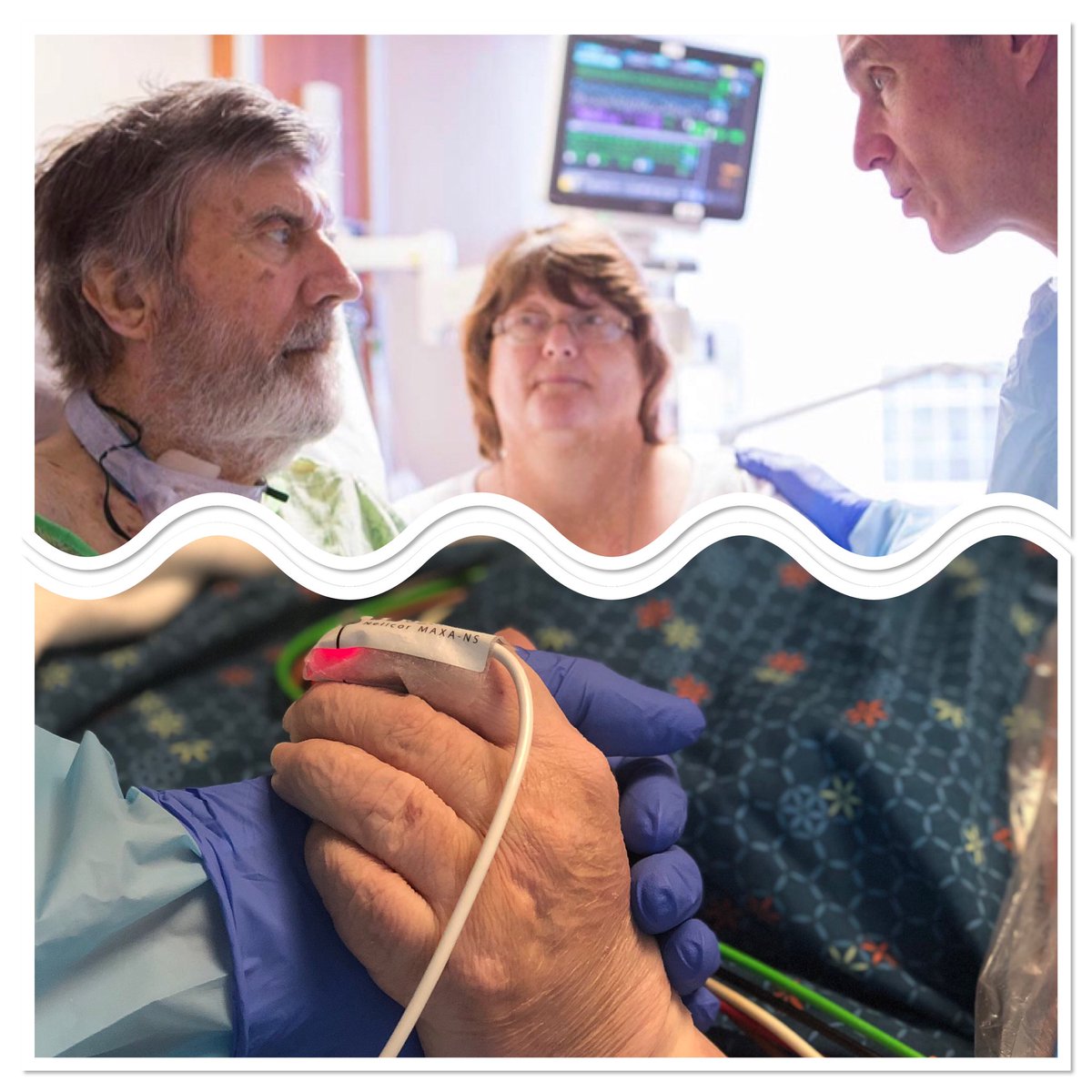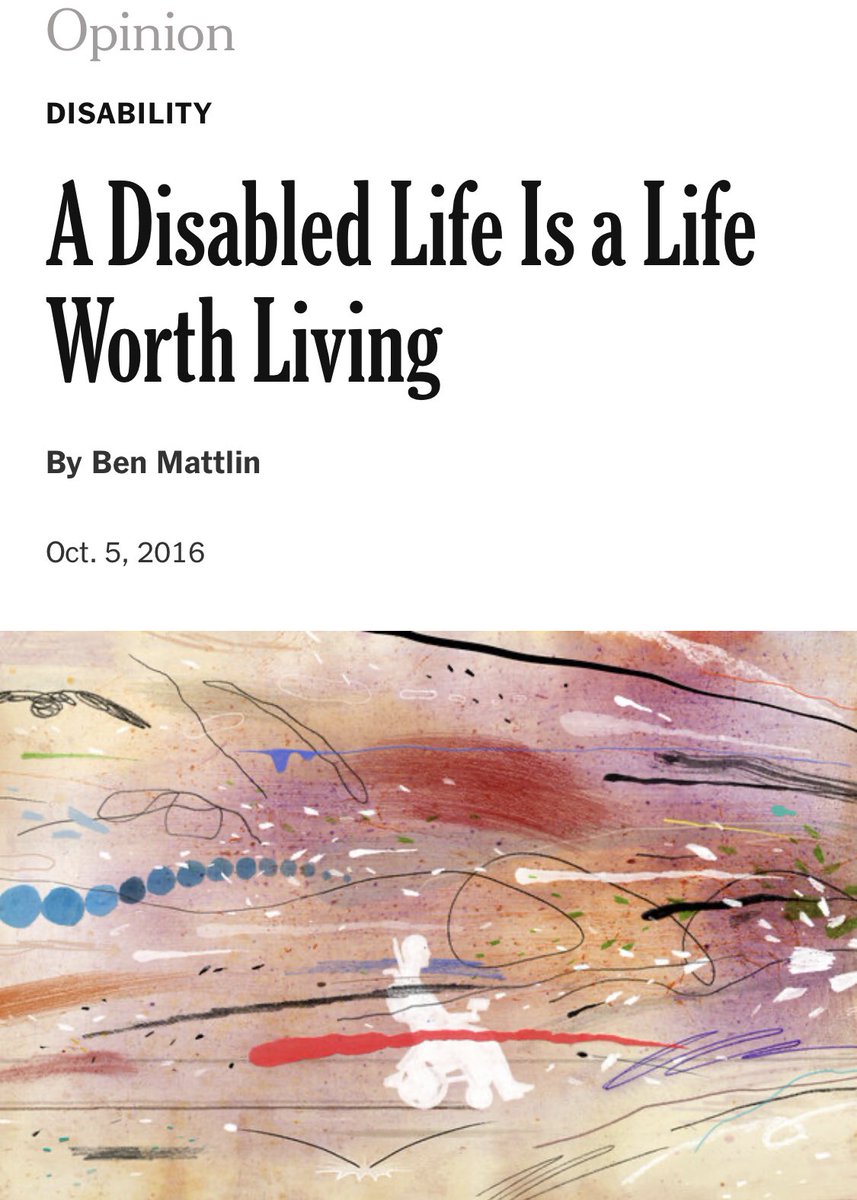As a student & in training, I was told to keep a professional distance from patients, that getting to know them too well would backfire & cause stress if they should die.
#medtwitter #meded #medstudenttwitter #tipsfornewdocs #pulmcc

I heard these warnings & often people mistakenly, in my opinion, used Osler’s advice in his Aequanimitas address as a basis for this ‘sage’ counsel. This meant my patients were victims of my “standoffishness.”
Later, once I sensed something missing in my service to my patients as their physician, I went back to what I’d learned reading Martin Buber & his brilliant “I-thou” (think “I-you”) treatise on relationships.
I had always cared for my patients and wanted to do my best for them as their doctor, but I had often converted our relationship to “I-It” without them or me even knowing it.
I thought of patients as a set of organs to fix & a list of problems to solve. I had thought it innocuous to use “gall bladder in room 557” & “belligerent guy in the ED” to consolidate both person & diagnosis.
I was making what should have been a real human encounter, priceless as that should be, into an I-It encounter. If approached in the poverty of true humility on my part, I come on another person face to face.
The experience can be abrupt & even unexpected, sometimes occuring softly, but, in the ICU, often forcefully & ferociously.
It is then that I enter the mystery of the magnificent I-Thou in which our humanity if fully manifest at the bedside together.
I hadn’t understood that I could enter into my patients’ lives to this degree. And that doing so would make me a better doctor for them.
Patient-Physician Relationship: Young Doc vs. Older Doc thoughts…
Don’t sell yourself or your patient short. Be willing to dare to dive deeply into your patients’ lives. You’ll never regret it.
#medtwitter #meded #medstudenttwitter #tipsfornewdocs #pulmcc







